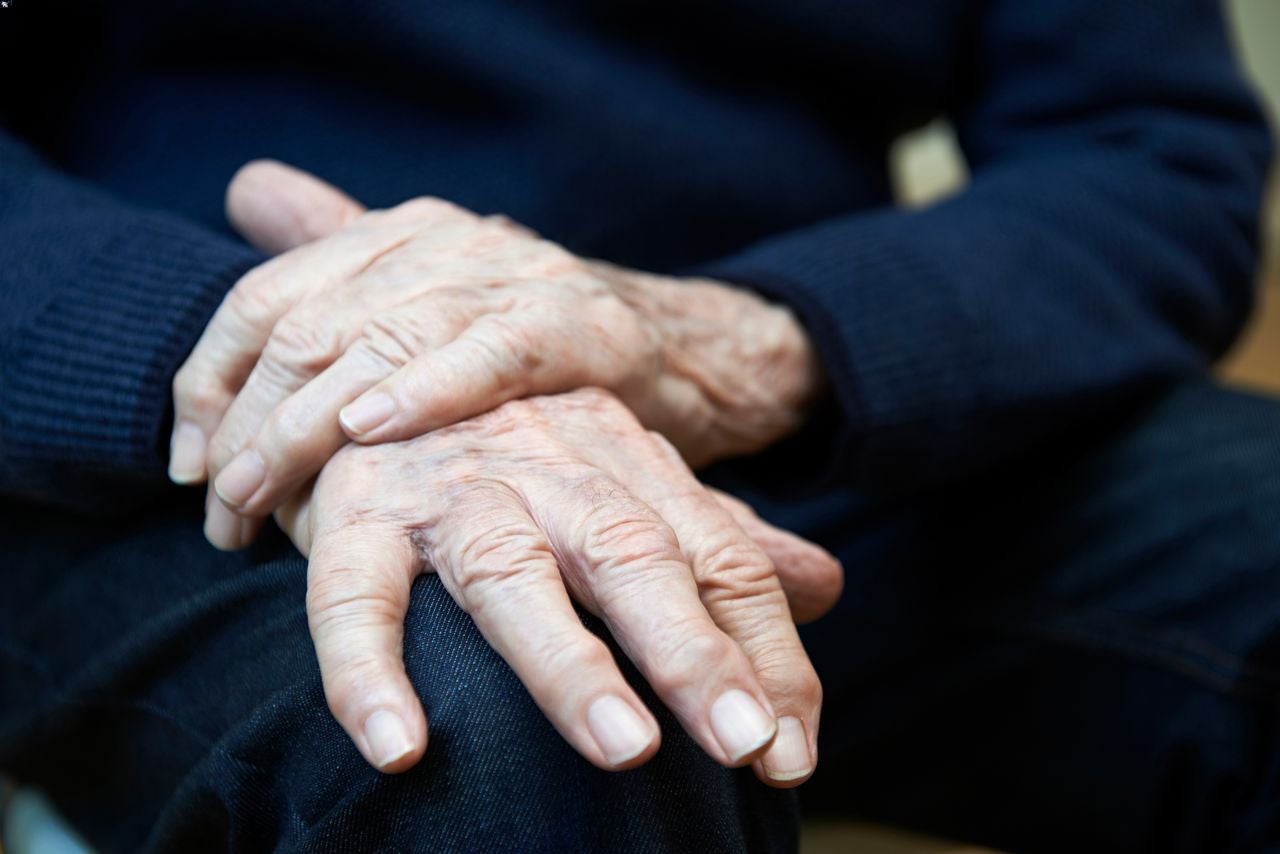On 22 March 2023, AbbVie announced that it had received a complete response letter (CRL) from the FDA regarding the company’s new drug application (NDA) for ABBV-951 (foscarbidopa/foslevodopa) to treat motor fluctuations in patients with advanced Parkinson’s disease. The CRL does not request additional efficacy and safety trials related to the drug. Additional information about the drug device has been requested by the FDA and AbbVie intends to resubmit the NDA.
Although levodopa is a highly effective drug for the treatment of Parkinson’s disease and the gold standard for the past 50 years, the emergence of motor fluctuations after a few years of its use, in the form of off-episodes and dyskinesia, remains a major challenge for physicians and patients. ABBV-951’s continuous delivery system of levodopa holds great potential for controlling motor functions. In the Phase III pivotal trial, the increase in “ON” time at Week 12 was 2.72 hours for ABBV-951, versus 0.97 hours for oral levodopa/carbidopa (LD/CD) (NCT04380142, M15-736). “ON” time is defined as the period of good motor symptom control without troublesome dyskinesia.
ABBV-951 is intended to replace AbbVie’s own Duodopa (LD/CD), an intestinal gel launched in 2015. Key opinion leaders (KOLs) previously interviewed by GlobalData noted that the burden of carrying the pumping apparatus required for Duodopa treatment can often cause severe discomfort for patients. Furthermore, the delivery system was deemed invasive, as it requires a surgical procedure to insert a permanent tube through endoscopic gastrostomy and an external portable pump that is used to administer levodopa gel.
In addition to the regulatory obstacle of a CRL, AbbVie will need to compete with NeuroDerm’s ND-0612 (LD/CD). Both companies are racing to the finish line for the commercialization of the first subcutaneous infusion of levodopa. Earlier this year, NeuroDerm announced positive results from its pivotal trial evaluating ND-0612 in Parkinson’s disease patients with motor fluctuations. GlobalData forecasts ND-0612 to launch in the US in Q4 2024.
KOLs agreed that the novel levodopa delivery systems offered an improved route of administration and will create more options to control various motor complications. Furthermore, they are anticipated to capture patient share from the oral levodopa versions. While the first-to-market subcutaneous infusion of levodopa will have its own accolades, strong efficacy data, solid marketing, and competitive pricing will be needed to differentiate ABBV-951 and ND-0612, should they receive FDA approval.

US Tariffs are shifting - will you react or anticipate?
Don’t let policy changes catch you off guard. Stay proactive with real-time data and expert analysis.
By GlobalData





